Customer Services
Copyright © 2025 Desertcart Holdings Limited
Desert Online General Trading LLC
Dubai, United Arab Emirates
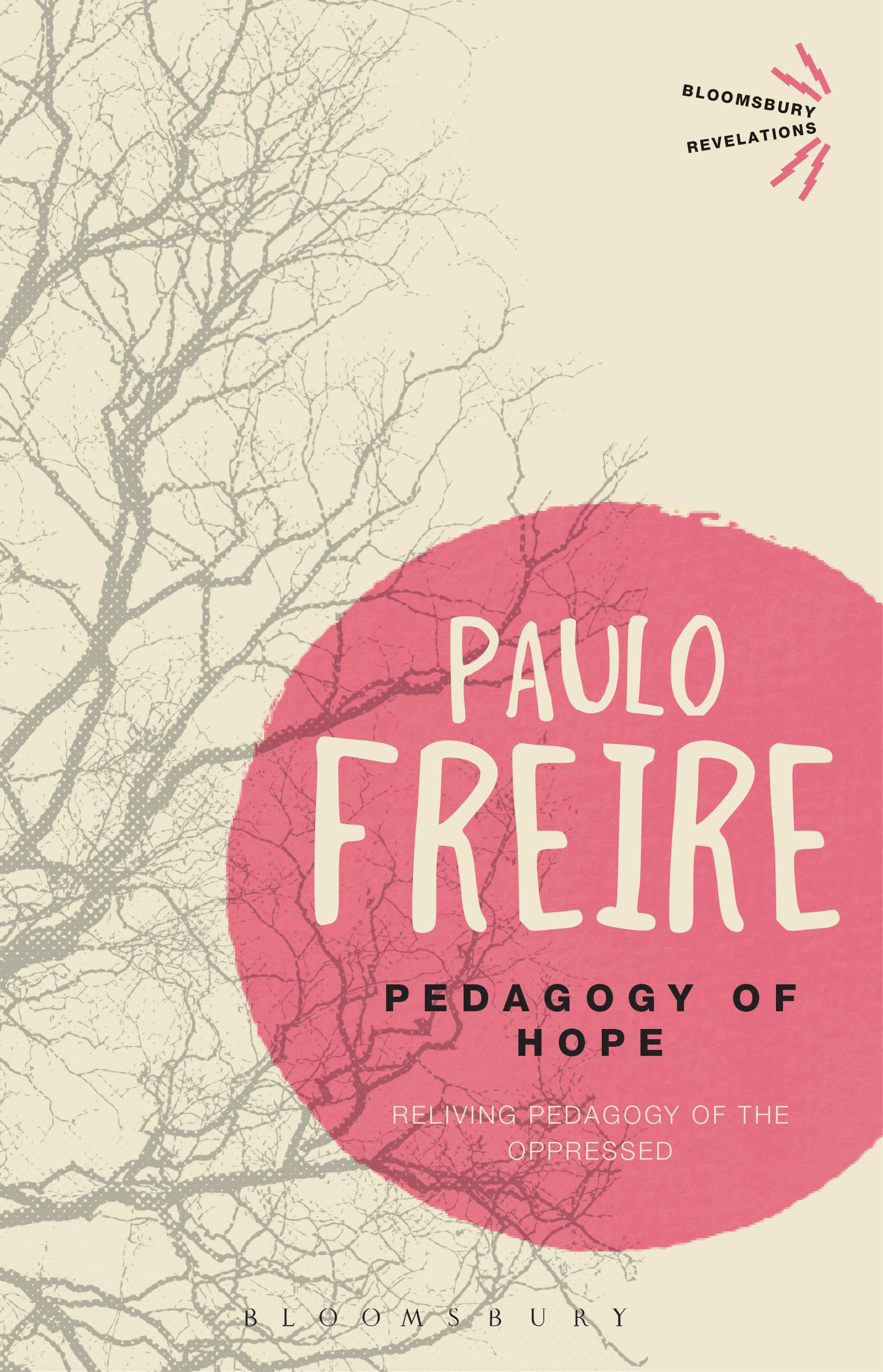

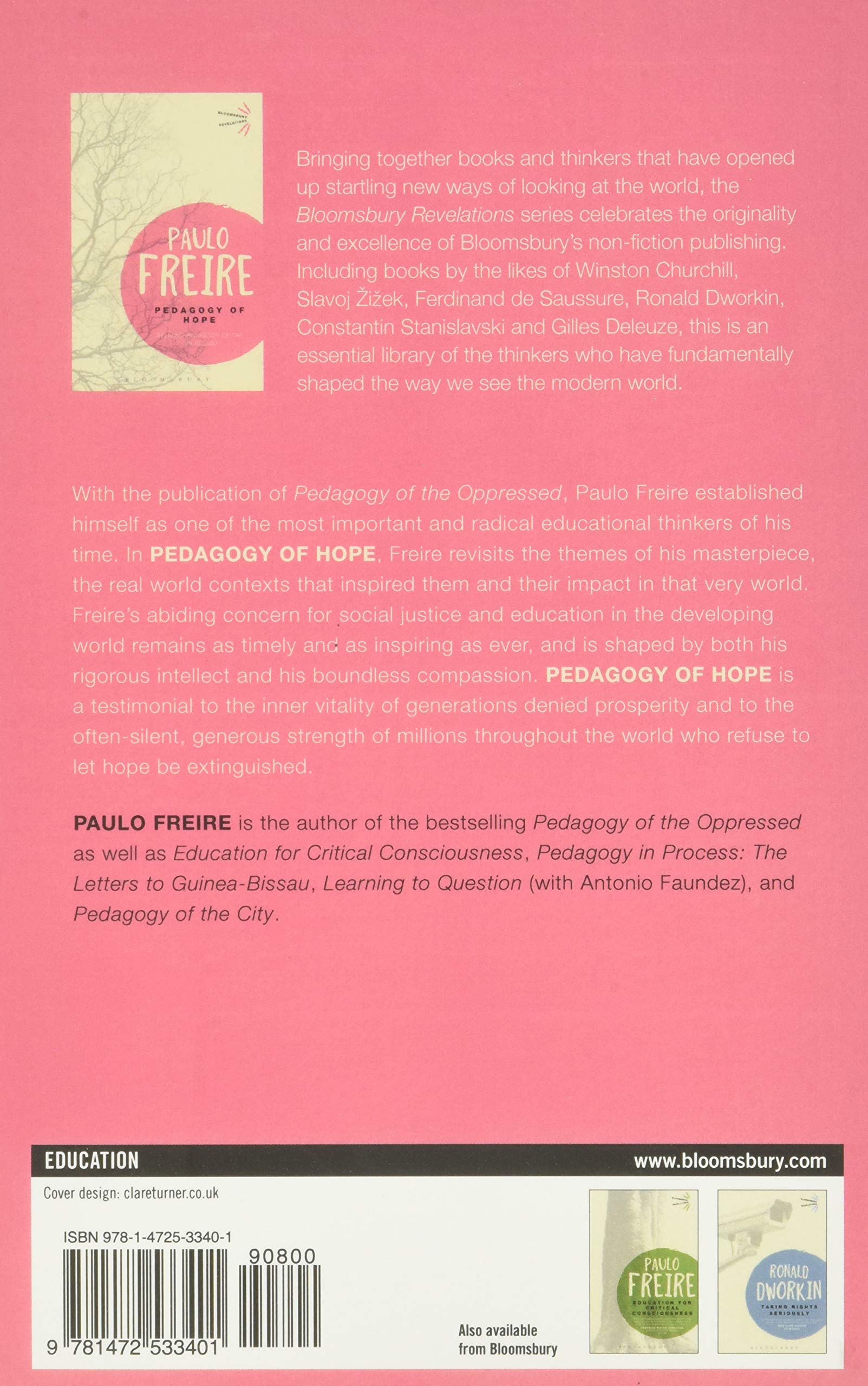
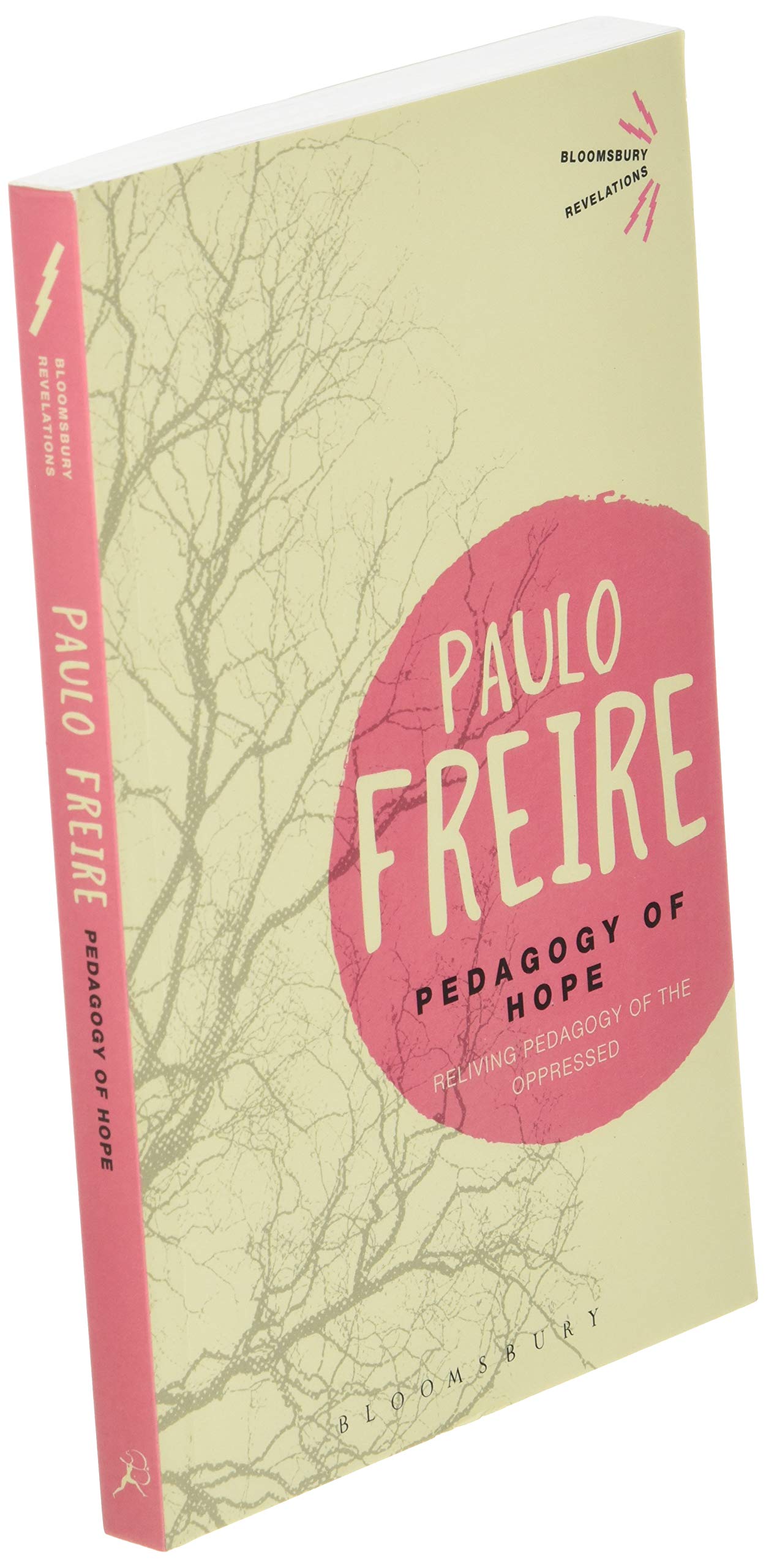
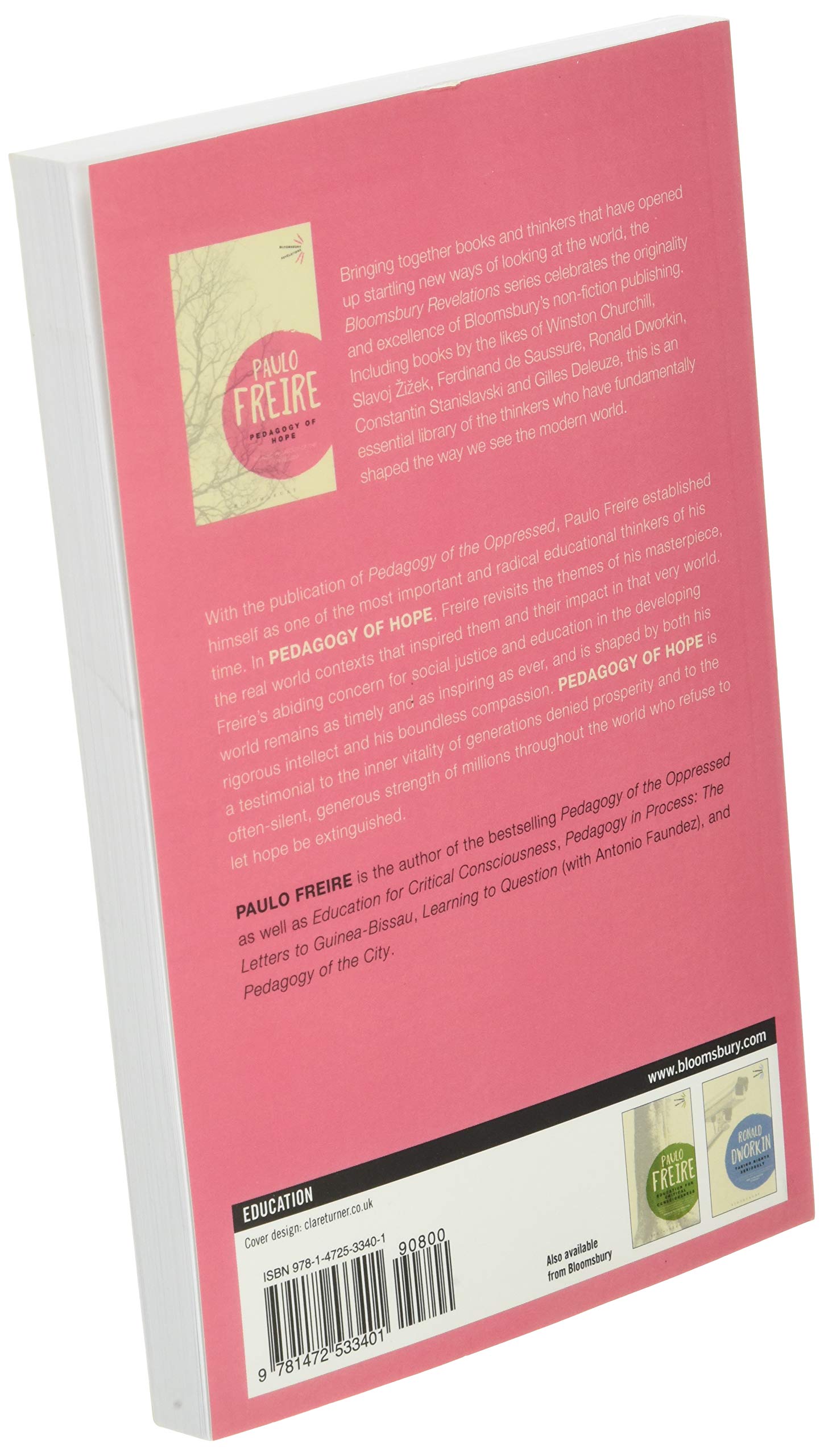
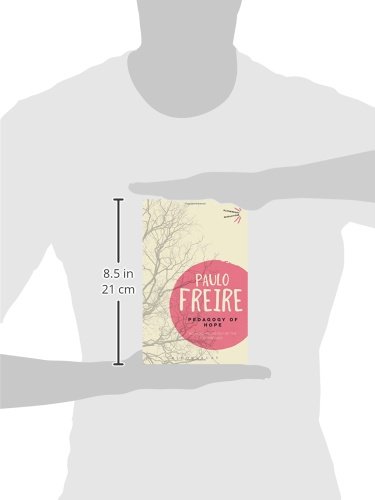
Full description not available
C**S
Research
I needed it for my research.
S**E
Five Stars
Freire again with is insight and hard hitting truth
S**N
Decolonization: Changing the WAY we Teach
Twenty years after Pedagogy of the Oppressed (1972), which was written while he lived in exile, Freire reflects on the many experiences and relationships that emerged from this seminal work. He describes how his critical pedagogy as a militant humanist educator was both solidified and transformed by the people who used it, and in turn, how his view of reality, and his ideas, were informed by dialogues he had with people all over the world, as he stood with them through their struggles to co-create social change. Whether it was the teacher-nuns in Portugal, quietly standing firm with elderly village folk against fascist regimes, or striking peace between the peasants and dominant class in El Salvador to gradually consolidate a democratic lifestyle, Freire reveals how hope exists in the place between past ideals and future possibilities.As a college instructor who works with international students and new immigrants, Freire’s state of mind in exile becomes a potent metaphor for a similar longing felt by my students—as well as for myself as a “settler” on colonized land—a longing to be whole and integrated, undivided by the dualities of our material reality. Freire’s radical methods challenge us, as teachers, to not just democratize what we teach, but the way we teach it.In my experience, while academics look for practice embedded in theory, students need to root theory in concrete, meaningful and relevant situations. By knowing themselves as “historical, political, social, and cultural beings” (p. 116)—along with how society works, students can become self-reliant. He asks us to challenge the students to question both themselves and the teacher. Moreover, he urges us to know and respect the knowledge of the students—understand at what level they know it. In my application of his ideas, language teaching and learning becomes a route to (re)inventing oneself, the classroom becomes a space for solidarity, and “conscientization” is experienced as the dynamic tension between one’s individual consciousness and the world we live in. In Pedgagogy of Hope, Freire details how we can re-frame our teaching practice, in the context of here and now, to develop an educational practice that is ethically grounded with a respect for difference, so that students can experience “unity in diversity.”In today’s world of political and environmental turmoil, his ideas become even more relevant with the need to continually redefine a Western democratic lifestyle that honors freedom of expression and social organization. In a time when the benefits of colonialism are starting to sink under the collateral damage and its inherent systemic oppression, his work is an extension of Frantz Fanon’s The Wretched of the Earth (1961) which addressed the need for respectful indigenous education. Overall, I recommend (re)examining the “circle of knowledge” in post-secondary education (and beyond) to reinvent a new way of living in this world that values individual autonomy and collective liberation.
R**0
Paulo is a master.
Paulo Freire gives great insight in this book.
L**B
No hope for Pedagagy of Hope
Sad to say that Freire is a one-trick pony. He said everything he had to say in Pedagogy of the Oppressed.
P**S
Who doesn't love Freire?
This was a great resource as I was writing a programme which was aimed at redressing educational inequities. This book was great at providing insights and theories to support the development of the work. In light of some of the discourses in our present time around better representation for people of colour in curriculums. Freire speaks about the historic-social approach which affirmed my approach and instilled hope that I could share.
C**U
Happy
Bought as a gift and happy with it
L**S
Paulo Freire, proposes a pedagogy with a new relationship ...
Paulo Freire, proposes a pedagogy with a new relationship between teacher, student, and society. It was first published in Portuguese in 1968, and was translated by Myra Ramos into English and published in 1970.The book is considered one of the foundational texts of critical pedagogy.
J**H
Brilliant book!
Very good read
A**A
Perfect
Good foundation book. Good price
Trustpilot
3 weeks ago
5 days ago